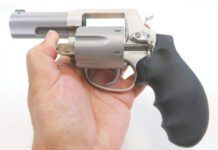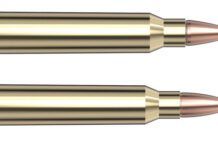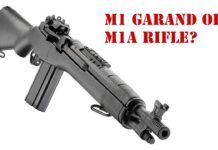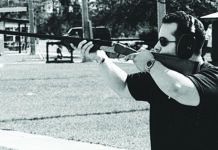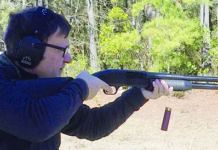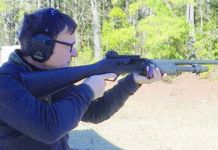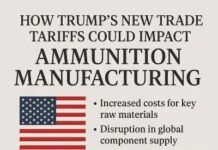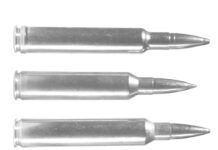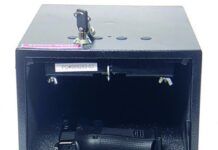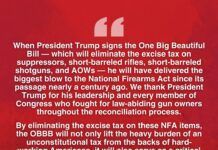On April 11, 2024, the Biden Administration’s Bureau of Alcohol, Tobacco, Firearms, and Explosives issued a new rule to expand background-check requirements for private gun sales. It will have taken effect on May 11, 2024, if it hasn’t been stayed by a court, which I hope has occurred. The White House says this rule is intended to close the so-called “gun show loophole” and the “online gun sale loophole.”
I have not been to a gun show in the last 40 years where I’ve seen anyone selling firearms who didn’t have an FFL. They may not have had a storefront, but they had a “kitchen table” FFL. But the small-volume dealers, whatever you call them, held their licenses because they were “engaged in the business” of buying and selling firearms as a livelihood. They kept a bound book of firearms transactions. They had multiple safes for safe storage of gun inventory. They kept P&L statements. But they weren’t individuals selling a gun or two here and there and making some boot money or building a collection.
Federal Bureau of Justice Statistics reports have repeatedly showed that gun shows are only responsible for 0.8% of guns used by those convicted of crimes involving firearms. That’s eight-tenths of a percent — not a very big number to attack if you want to affect crime statistics in a meaningful way. So what’s really going on?
This new background-check rule by ATF is alarming because the agency and its current political masters want to shut down all private sales, not shut down crime with guns. If it were the latter, ATF would be flooding south Chicago with agents every weekend to stop the shootings of children. In fact, I daresay there are hundreds of folks with criminal records shooting at people every weekend in L.A., Philly, and the Washington District of Criminals that ATF isn’t going after.
In this new rule, people are considered to be “in the business” if they repetitively buy and sell guns to earn a profit; they repeatedly buy/sell firearms in a short time span; they sell guns soon after purchasing them; they buy or sell guns in what appears to be an ongoing business; and they use ads or marketing to sell multiple guns. Okay, that sounds not so bad.
But if I read the rules how they might be applied, they sound arbitrary and capricious. How often is “repetitively?” Not defined. How soon is “soon” after purchasing? Not defined. If I sell two “meh” handguns for cash in March, and I buy one “okay” AR in June, which I decide I don’t like in September, and I liquidate it to buy a “good” bolt gun in November, am I a dealer who is “in the business?” Perhaps, depending on who I voted for.
Am I being too hard on BE-FAT, (my pet name for ATF)? No, not at all. Even when the agency has had clear statutory language to work from, it changed the meanings of words in regulations of “frames and receivers.” Then, the Fifth Circuit vacated the two main provisions of ATF’s new frame-and-receivers rule. In its bump-stock rule-change language, AFT sought to change the meaning of the word “semi-automatic” from one pull of the trigger equals one round fired to one pull of the trigger done really really fast equals automatic rifle fire. That case, Garland v. Cargill, is before the U.S. Supreme Court. Also, let’s not forget the pistol-brace rule. ATF argues that a stabilizing pistol brace makes a legal pistol into an NFA short-barrel rifle (Mock v. Garland).
So, I think ATF must be restrained with precise language that restricts what the agency may do, and may not do, and even then, that may not be enough. Just ask Randy Weaver or Bryan Malinowski.
— Todd Woodard


